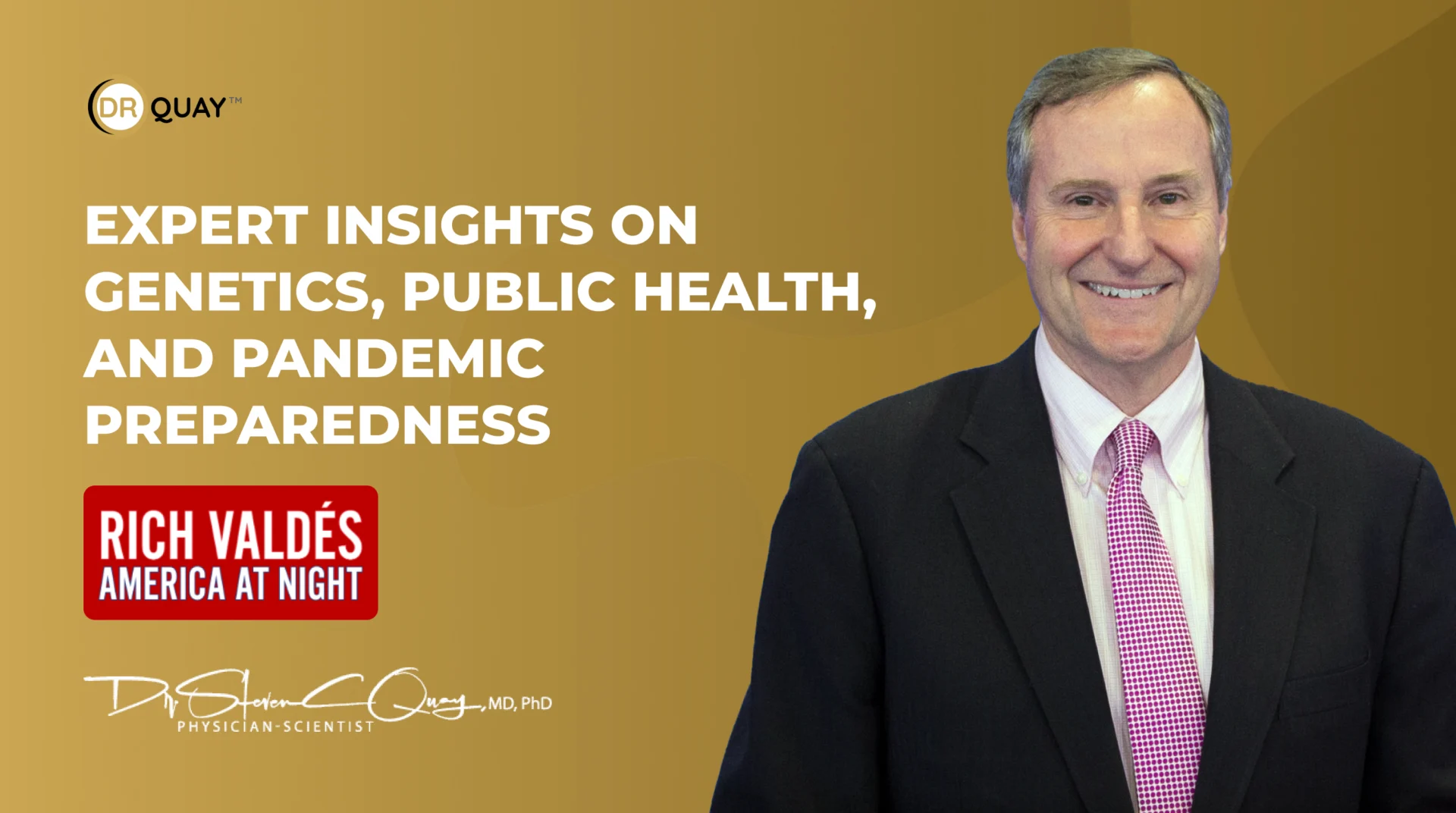Today I want to talk about a class of foods that might prevent breast cancer.
I am certainly not the first physician to propose that health and disease are related to what we eat. That honor goes to Hippocrates, the Greek physician who wrote over 2500 years ago, “Let food be thy medicine and medicine be thy food.”
But the quest to identify foods and beverages that have a major impact on health or a specific impact on a certain disease has been a long journey. I like to imagine the chemist and physician working side-by-side over the centuries in their laboratories. The quest for the chemist, turning lead into gold. The physician grinds his plants into potions, hoping to stave off death.

So if I said I had read or reviewed over 1000 articles on the impact of food on health and specifically, preventing breast cancer, it would be no exaggeration. Many studies are in the laboratory and involve human cancer cells in the test tube or preventing mice from getting cancer. If I had a dollar for every ‘potion’ that prevented breast cancer in these studies I would be a rich man. So I won’t waste your time like some blogs, talking about these lab studies.
I look only for studies in real, live human subjects. I also look at the design of the study: is there something about how it was designed that contains a fatal flaw that makes the data unreliable? A lot of studies don’t pass that hurdle. And then I look at the data. A twenty or thirty percent reduction in breast cancer in a ‘food’ trial can certainly be published and is useful in advancing the field of cancer research. But it’s not good enough for me, and it’s not good enough for an ElevatorMedicineTM blog.
I don’t like wasting your time or mine playing ‘small ball.’
So I am very excited to share a food family that really gets the job done!
Introducing the Allium Family and its star members, garlic and onions

The genus Allium contains about 500 edible species including garlic, onions, leeks, and chives, foods which are commonly consumed worldwide. Onions (Allium cepa) and garlic (Allium sativum) are among the world’s oldest cultivated plants, and are popularly consumed in stews (“guisos”), beans, and rice dishes in Puerto Rican cuisine today.
Garlic forms an important component of the Puerto Rican diet, and is mainly consumed in the cooked form in various sauces and seasonings, the most common being a condiment, “sofrito.”
Sofrito, the Puerto Rican Take on the Allium Plant Family

The study I am discussing was published in July 2019 in the journal Nutrition and Cancer and is entitled, “Onion and Garlic Intake and Breast Cancer, a Case-Control Study in Puerto Rico.” I like case control studies because they set up two groups with very similar demographics but with one difference, and then study the effect of that one difference on outcome. The Atabey Study of Breast Cancer, a population based case-control study named after the Puerto Rican goddess of fertility, was conducted in Puerto Rico between November 2008 and June 2014. In all, 660 women were included with about half having breast cancer (the case group) and the other half without breast cancer (the control group).
The difference between the groups was the frequency of eating Sofrito. The outcome examined was the incidence of breast cancer in the two groups. The eating frequency was divided into those who never ate Sofrito, to those with an increasing frequency; from once per week to more than once per day.
The data and results below couldn’t be clearer:

The women who ate more sofrito had significantly fewer cancers. One ‘tell-tale’ I look for with good data is what I call the dose-response. Here it was absolute; the more sofrito that women ate, the fewer the cancers. The data crunchers said the likelihood of these results happening by chance was 1 in 50.
The implication is that if the 100 women who never ate sofrito had, in fact, eaten it twice a day, 67 of those women would NOT have gotten breast cancer.
The Caveats
Like the kids in the back seat on a road trip, the naive question ‘are we there yet?’ has to be answered in a sober, adult, professional fashion.
So two points:
- This is just a single study, and so future results in another study might be different. But in the paper, the authors do look at nine other studies and most showed protection from garlic and/or onions, to differing amounts that increased with a dose. But some studies, without further explanation, showed the opposite effect. So more research is definitely needed.
- This ‘retrospective, look back’ case-control study is an excellent design but is not the Gold Standard, ‘prospective, into the future’ study that would nail the results. Probably such a study would use a dietary supplement with the ‘good stuff’ in the Allium family compared to a sugar pill in a ‘blinded’ fashion. Someone should do that study.
But for now, I recommend that you find your favorite sofrito recipe online and enjoy it with the many foods of Puerto Rico that feature this versatile condiment, knowing you’re eating the best food group I have found to prevent breast cancer!
I hope you enjoyed this instalment of ElevatorMedicineTM!




